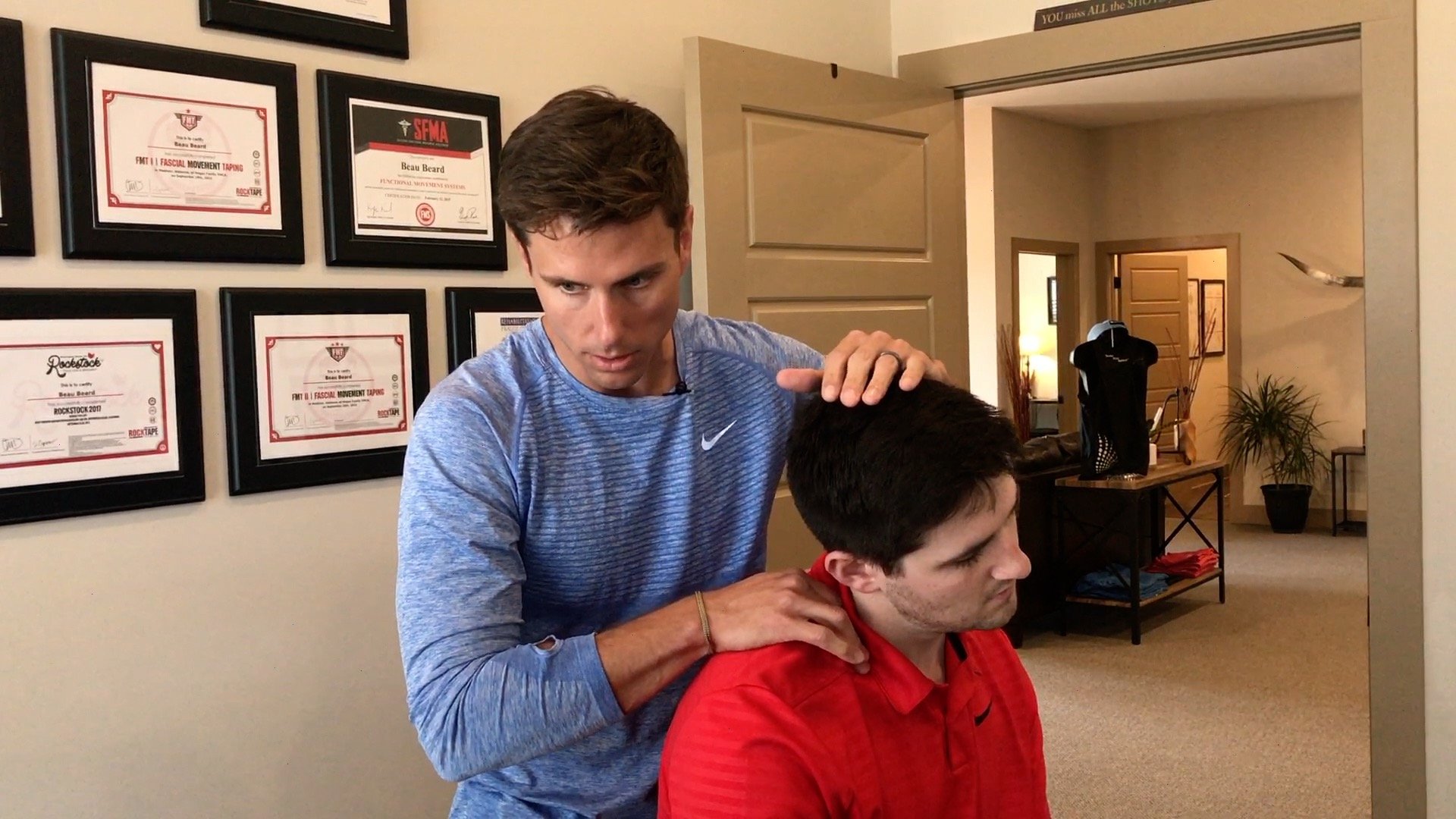
Carpal Tunnel Syndrome
Carpal Tunnel Syndrome (CTS) occurs when the median nerve is compressed in the wrist's carpal tunnel, causing symptoms like numbness, tingling, and weakness in the hand, especially the thumb, index, middle, and part of the ring fingers. Repetitive hand movements, such as typing or using a mouse, are primary causes, leading to swelling and irritation around the median nerve. Hormonal changes can also contribute, but repetitive strain is most common. Ergonomic practices, regular breaks, and strengthening exercises can help prevent and manage symptoms. If discomfort persists, consult a healthcare professional for diagnosis and treatment.
Carpal tunnel syndrome will effect 5% of people at some point in their life
Chiropractic Care for Carpal Tunnel Syndrome in Birmingham, AL
Pain in the hand wrist or forearm
Numbness and/or tingling in the thumb, index finger and middle finger
Decreased grip strength
Difficulty with holding a pen or pencil
Inability to perform precise movements or activities with the thumb, index or middle fingers
Stiffness and a limited range of motion in the wrist
Symptoms of carpal tunnel syndrome
Treatment Options for Carpal Tunnel Syndrome
Common treatments for carpal tunnel syndrome vary depending on the causative factors. Evidence-based treatment protocols are vital for achieving long-lasting beneficial effects. Leading soft tissue therapies for carpal tunnel syndrome include Chiropractic Adjusting, Dry Needling, and Functional Rehabilitation. These modalities focus on addressing soft tissue restrictions and improving mobility. They are often complemented by spinal manipulations and rehabilitative exercises, contributing to a comprehensive approach for long-term results. Other treatment options such as massage therapy, acupuncture, and functional medicine may also be beneficial in managing carpal tunnel syndrome and enhancing overall wellness.
FREQUENTLY ASKED QUESTIONS
-
We perform various orthopedic tests, including Phalen's maneuver, to assess whether you are experiencing carpal tunnel symptoms or other dysfunctions. This specific test involves holding the wrists in a flexed position for a period, which can help identify nerve compression in the wrist. By evaluating your response during this examination and other assessments, we can develop an accurate diagnosis and create a tailored treatment plan to address your needs effectively.
-
Your provider will discuss your options with you. If you find that conservative chiropractic care is not providing the relief you need from carpal tunnel pain, your provider may recommend exploring surgical intervention. This approach is typically considered when symptoms persist and significantly impact your daily activities. It’s important to have an open dialogue with your provider to ensure you understand both the risks and benefits of any recommended treatments, helping you make an informed decision tailored to your specific situation.
-
Carpal tunnel syndrome can arise from various causes, primarily stemming from repetitive trauma and motions that place excessive stress on the median nerve. Activities that involve frequent hand and wrist movements can lead to an inflammatory response, increasing pressure within the carpal tunnel. This pressure can hinder blood flow and function of the median nerve, resulting in symptoms such as pain, tingling, and numbness in the hand and fingers. Understanding these underlying factors is crucial for effective treatment and prevention strategies.
The FARM's difference begins with a thorough 50-minute exam. Our team evaluates every aspect of your health history to deliver optimal treatment.
Step 1
Our physicians provide effective, tailored care based on a comprehensive examination. The FARM focuses on individual treatment, addressing each patient's unique injury, health issues, and goals.
Step 2
Most clinical models lack a strong clinician-patient goal alliance for future planning. Our partnership with Farm Haus Fitness bridges rehabilitation and performance.
Step 3







